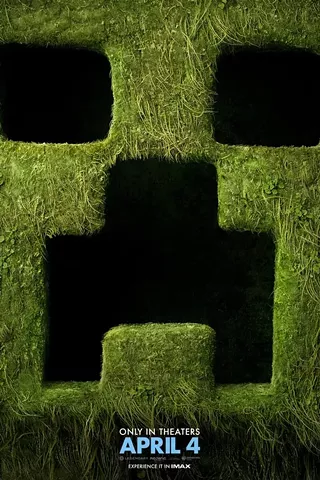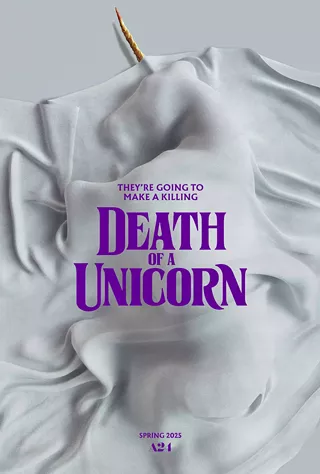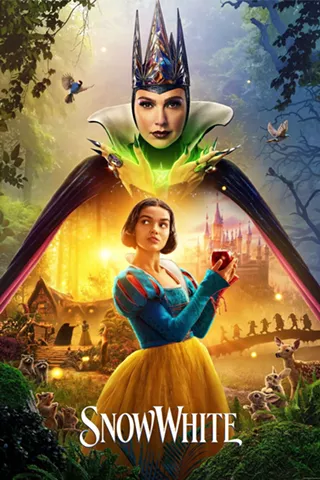While it features some impressive performances and may capture a certain spirit of the Beat writers, Kill Your Darlings has difficulty landing on which story it wants to tell. Nominally, it's the coming-of-age tale of Allen Ginsberg (Daniel Radcliffe), whom we meet as he's beginning college at Columbia. He's introduced to men who would shape his life and writing: Lucien Carr (Dane DeHaan), William S. Burroughs (Ben Foster) and Jack Kerouac (Jack Huston).
Trouble starts for the film when Ginsberg meets Carr, for whom, history and legend confirms, the young poet developed an immediate fascination. It took on many forms; Carr was more flamboyant and socially threatening, and there was a physical attraction, too. But Carr had another suitor, David Kammerer (Michael C. Hall, late of Dexter). Actually, it would be more appropriate to label Kammerer a stalker, having followed Carr from city to city on his journey through a misspent youth.
Kill Your Darlings walks down that path, too, and where it leads to—a violent confrontation one cold night on the banks of the Hudson River—provides yet another fork in the road. That may actually be a better place to start this story, since the film doesn't spend all that much time with the writer who emerged from all of this. As it happens, the only genuine conflict in the entire movie is relegated to an obligatory mention.
While it's interesting history, Kill Your Darlings also makes the cardinal sin of assuming you know a lot of this already. Maybe you do; the film sure hopes so. The introductions of secondary characters like Burroughs are sloppy and mostly inorganic—"Oh, and this guy was around, too," the scriptwriters seem to remember at the last minute. It also foreshadows a lot; within two minutes, characters say that both Ginsberg and Burroughs may change the world one day.
The film has its problems, but you can't knock these actors. Ben Foster is always interesting and he gives Burroughs the proper drug-fueled creepiness. He'll be playing Lance Armstrong soon, so perhaps this is just the drug-fueled-creepiness stage of Foster's career. DeHaan is captivating, too, as the object of so many affections. He's the fire that moves the story along at almost every turn. Ginsberg is painted as needing an instigator to assimilate and to write (and by extension, to become Allen Ginsberg); DeHaan's Lucien Carr is that lightning rod. But the best individual performance may be that of Michael C. Hall, who wrings every last bit of torture out of a character who's on screen much of the time. It's less showy than most, but it feels on target throughout.
As for Daniel Radcliffe, you can't say these Harry Potter kids aren't trying. Actually, you never could; both he and Emma Watson got better as the mammoth series progressed and both have continued to chart their own course when there are simpler routes available to them. Radcliffe appeared onstage in Equus and has been busy redefining himself in film more as a character actor. He's physically small and seems destined to remain boyish for a couple of decades, so he won't be a Hollywood leading man. But he's making good choices.
Kill Your Darlings gives him a chance to work with a very good ensemble, showcase his ear for accents, perform the death-defying leap (at least in Hollywood terms) of pantomiming gay sex, and tackle a famous subject. If you never knew this guy was a boy wizard, you couldn't guess it from the performances that have followed it.
Don't expect to learn much about Ginsberg or Kerouac or anybody else, and don't think this is some perfectly distilled love potion aimed at the Beat generation; it's an average teen angst/starving artist drama that just so happens to be littered with very solid acting.










